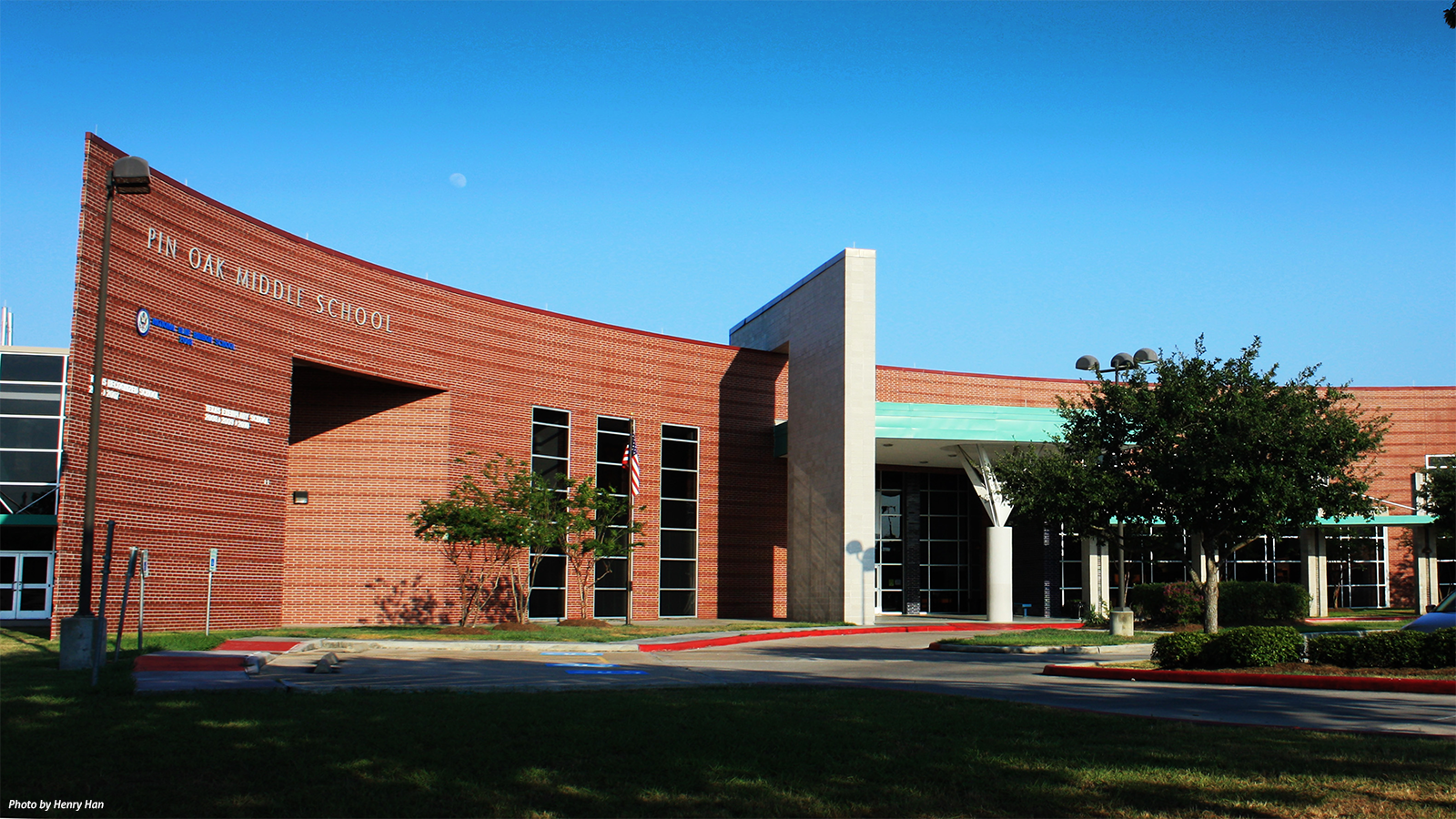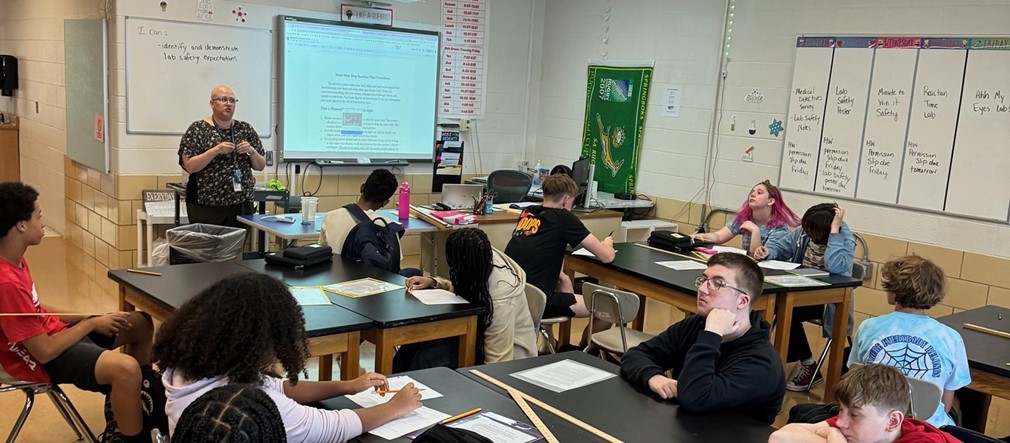Understanding the Importance of Institutions in Youngster Advancement and Neighborhood Growth
Colleges' interaction with neighborhood areas via service-learning efforts reinforces the bond in between households and academic establishments. This symbiotic connection emphasizes the relevance of institutions in nurturing energetic citizenship and lifelong learning habits.
Academic Achievement
Academic success works as a cornerstone of youngster development, giving the structure whereupon future learning and success are built. Schools play a critical role in cultivating this scholastic development, supplying organized environments where children can acquire essential expertise and cognitive skills. Standardized curricula make sure that trainees gain effectiveness in core subjects such as mathematics, scientific research, and language arts, which are vital for both higher education and professional possibilities.
In addition to giving basic academic skills, schools also grow essential thinking, analytical capabilities, and intellectual curiosity. These cognitive competencies are essential for browsing intricate real-world situations and adjusting to the ever-evolving demands of the modern office. Teachers, as facilitators of discovering, employ diverse instructional techniques to provide to diverse understanding styles, therefore making the most of individual pupil capacity.
In addition, academic success is closely linked to self-confidence and inspiration. Kids who experience scholastic accomplishments are more probable to create a favorable self-concept and a lifelong interest for discovering. Schools likewise offer numerous resources, such as libraries and technology, which additionally enhance the instructional experience and prepare students for a technologically advanced culture.
Social Ability Growth
Beyond scholastic achievement, the duty of institutions in social skill development is crucial. Schools function as a primary venue for youngsters to learn and exercise essential social skills such as teamwork, problem, and communication resolution. In the structured environment of a class, trainees communicate with peers, educators, and various other college team, using numerous possibilities to create these important capacities.
Effective social skill advancement in schools is facilitated via team tasks, collective projects, and extracurricular programs. These interactions help trainees understand social standards, develop empathy, and promote a sense of community. Group assignments educate pupils just how to work together in the direction of a typical objective, listen to various viewpoints, and browse disputes constructively.

The cultivation of social abilities during school years lays a foundation for future individual and specialist connections. Save Temecula Schools. As trainees develop, the ability to properly collaborate and connect becomes progressively essential, highlighting the institution's critical function in holistic kid advancement
Exposure to Variety
Exposure to variety in institutions is fundamental to promoting an inclusive way of thinking and broadening trainees' point of views. Schools offer as a microcosm of the broader society, and coming across diverse societies, languages, and socioeconomic histories within this environment equips trainees with essential skills for browsing a significantly globalized world. This exposure motivates empathy, lowers prejudices, and promotes mutual respect among peers.
Diverse class also boost social and cognitive growth. Research study suggests that students that interact with peers from varied histories exhibit better analytic skills and creative thinking. They learn to appreciate different point of views, which improves class conversations and promotes a much more vibrant understanding experience. In addition, this understanding of diversity prepares trainees for future work environments that value multicultural skills.

Area Involvement
The benefits of diverse classrooms extend past the institution wall surfaces, cultivating a solid feeling of community engagement among students. By communicating with peers from numerous social, socioeconomic, and ethnic histories, trainees get a broader perspective and a recognition for diversity. This direct exposure motivates them to end up being energetic residents who agree to contribute positively to their communities.
Colleges that highlight neighborhood involvement often include service-learning jobs, which enable trainees to attend to real-world issues while using academic abilities. These projects not just improve pupils' understanding of their coursework yet likewise instill a feeling of duty and empathy. Partnerships in between schools and regional companies offer pupils with opportunities to get involved in community events, you could try this out additionally solidifying their function as aggressive neighborhood participants - Save Temecula Schools.
Furthermore, parental and neighborhood participation in colleges strengthens the bond between universities and the areas they offer. When colleges open their doors to community events, workshops, and volunteer possibilities, they develop a collaborative atmosphere that profits all stakeholders. This mutual assistance system makes certain that students receive alternative development, preparing them to end up being well-rounded people who value and contribute to their neighborhoods. Via these initiatives, institutions play a pivotal duty in supporting area engagement and promoting social development.
Lifelong Understanding Behaviors
Establishing long-lasting understanding practices is necessary for a kid's continuous growth and adaptability in an ever-changing world. Schools play an essential role in instilling these practices by developing an environment that fosters curiosity, important thinking, and Homepage a love for knowledge. Through extracurricular activities and diverse educational programs, instructors urge students to check out different subjects, evaluate information critically, and apply their finding out to real-world situations.

Additionally, colleges offer an organized setting where kids can create self-discipline and time administration abilities, both of which are crucial for constant discovering. By stressing the significance of setting objectives, assessing progress, and adapting techniques, universities prepare students to navigate the intricacies of adult life, ensuring they remain lifelong learners and contributors to society.
Final Thought
In verdict, colleges are essential in fostering kid advancement and neighborhood development by providing settings conducive to academic achievement, social ability growth, and direct exposure to variety. Via collaborative tasks and interactions, schools enhance crucial thinking, empathy, and interaction abilities. Community engagement initiatives further strengthen the bond in between universities and neighborhood neighborhoods. Ultimately, institutions grow lifelong learning routines, outfitting people with the needed understanding and skills to add positively to culture.
In the structured atmosphere of a classroom, trainees connect with peers, instructors, and various other college staff, using numerous possibilities to create these essential abilities.
In essence, exposure to variety within schools not only enhances specific trainees yet also strengthens the social material of the area as a whole.
The benefits of varied classrooms prolong past the college walls, fostering a solid sense of neighborhood engagement amongst trainees.Schools that stress area engagement often include service-learning tasks, which enable students to address real-world problems while applying scholastic skills. Collaborations in between schools and neighborhood organizations offer trainees with possibilities to get involved in area occasions, even more solidifying their function as positive neighborhood participants.